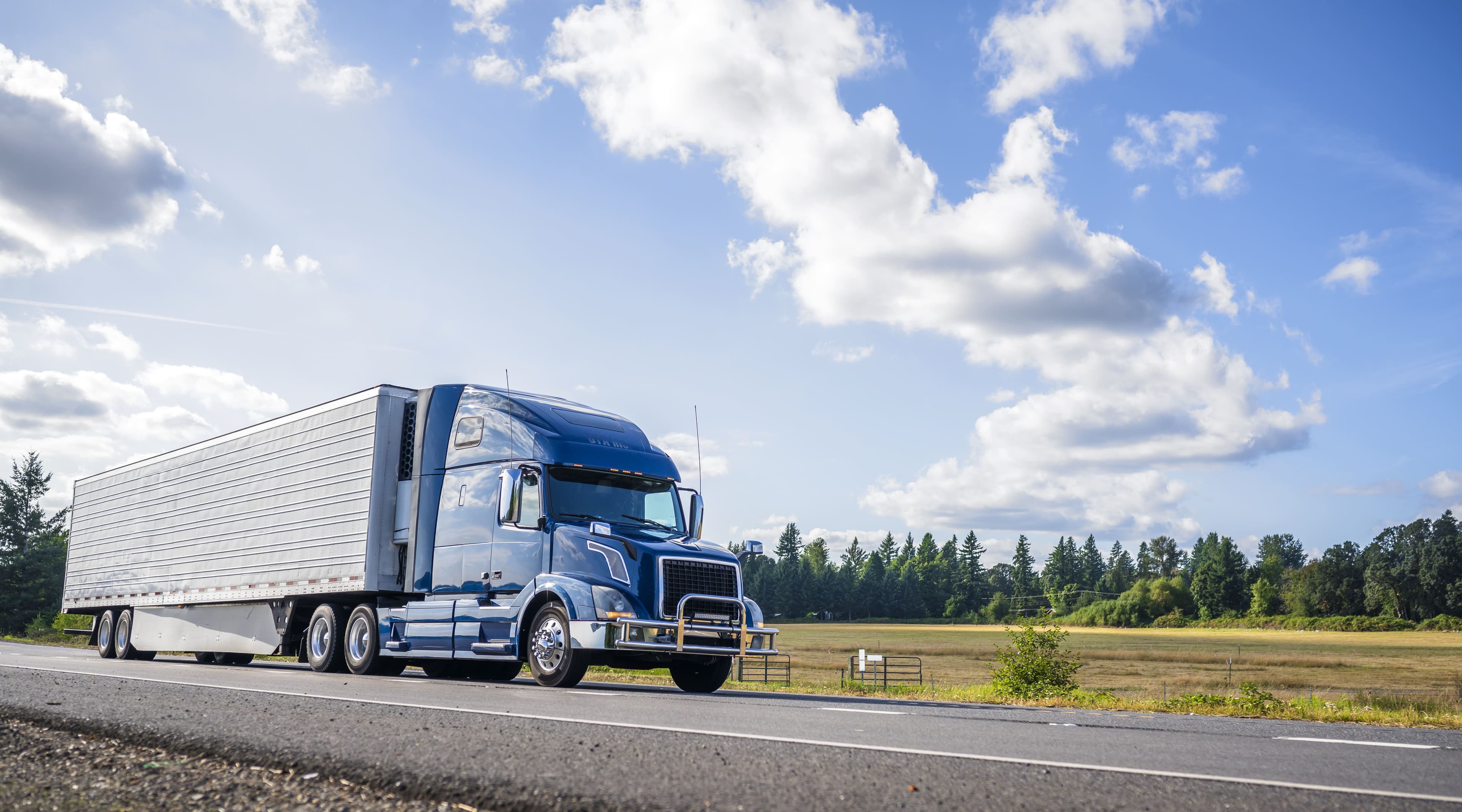Understand the Benefits and Differences of CNG and RNG

Trending
Top Posts
Transportation Strategy
What is a Transportation Management System?
4 min read
March 27, 2025
Market Events
A Comprehensive Guide to Federal Policy Updates and Their Impacts on the Transportation Industry
10 min read
March 26, 2025
Market Events
Diesel Fuel Price Trends to Watch for the Remainder of 2025
5 min read
March 25, 2025

4 min read
January 30, 2024

Share:
Conversations about change management with a trusted partner can be quite challenging, particularly when introducing a new fuel management software solution. However, it is crucial to approach these discussions with a clear understanding of the value that the solution will bring to all parties involved.
When initiating a conversation with a third-party logistics provider (3PL) regarding the implementation of Fuel Recovery, it is important to consider the benefits it can bring. Fuel Recovery is a fuel management software that replaces an antiquated fuel methodology within the shipper and 3PL relationship with a market-based fuel amount. This approach not only simplifies the fuel cost calculation process but also ensures fairness and transparency between the shipper, 3PL, and carrier.
By implementing Fuel Recovery, you can have visibility to your fuel and freight spend and make more informed decisions. At the same time, 3PLs can streamline their operations and minimize any potential disputes or discrepancies related to fuel charges. This collaborative approach fosters a stronger partnership between you and your 3PL, leading to more transparent and cost-effective logistics processes.
When facilitating change management discussions with a 3PL, it's critical to practice effective communication, and establish a culture of trust and collaboration. By implementing best practices, involving all stakeholders, and addressing concerns, you can ensure a successful and collaborative transition to Fuel Recovery. Let's dive into these best practices for approaching fuel management software change management conversations with a 3PL.
When it comes to discussing Fuel Recovery with your 3PL, it's important to have a well-defined communication strategy. Collaboration plays a key role in this process. By actively involving stakeholders, addressing concerns, and setting clear timelines and milestones, you can achieve a more effective and efficient implementation of the fuel management software. Keep in mind that ultimately, you have the power to shape your transportation network strategy and the value you can derive from it.
For more Fuel Recovery resources, read our Breakthrough blog! Together, we can transform transportation.

4 min read
March 27, 2025
Discover how a TMS streamlines planning, execution, and logistics with real-time visibility, automation, and data-driven insights to optimize freight moves.
Read more
10 min read
March 26, 2025
Stay informed of the latest federal transportation policy changes to help you adapt, manage risks, and seize new opportunities in the dynamic landscape.
Read more
5 min read
March 25, 2025
Explore diesel fuel price trends, including the impact of oversupply, OPEC+ decisions, and geopolitical factors. Discover strategies to adapt to the energy market.
Read more